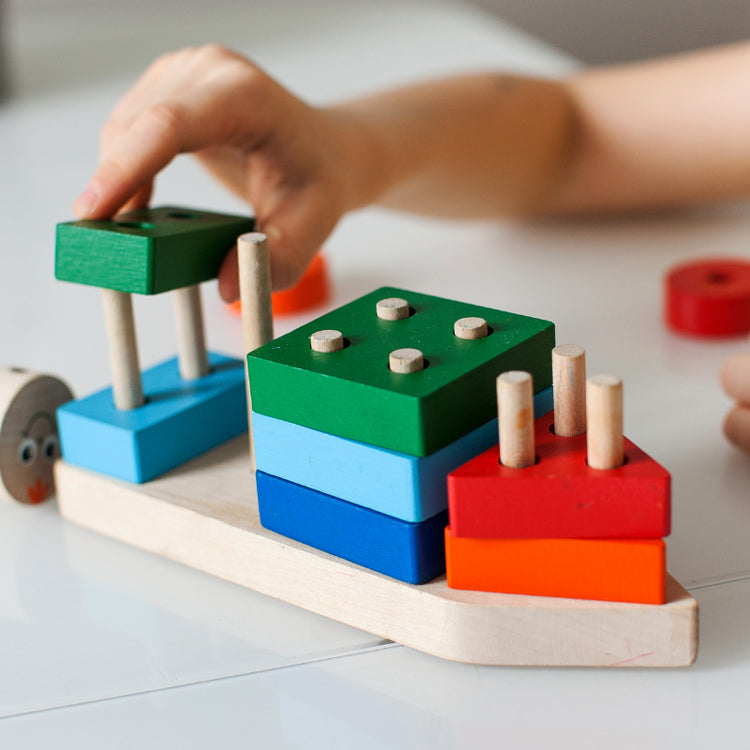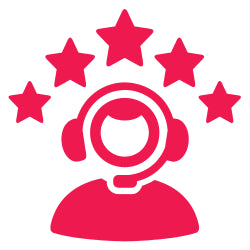Introduction
In the vast expanse of educational philosophies, one name stands out like a beacon of innovation and child-centered learning – Dr. Maria Montessori. The Montessori method, developed in the early 20th century, has become synonymous with an approach that celebrates individuality, fosters independence, and nurtures a lifelong love for learning. In this comprehensive exploration, let's embark on a journey to unravel the essence of the Montessori method, understanding its origins, core principles, and the profound impact it has on shaping the educational landscape.
The Genesis of Montessori Education
1. A Visionary Pioneer:
Dr. Maria Montessori, an Italian physician and educator, embarked on a groundbreaking journey that would redefine the very fabric of early childhood education. Born in 1870, Montessori shattered societal norms to become the first female physician in Italy. Her passion for understanding child development and education led her to develop a revolutionary approach that prioritized the child's natural inclination to learn through exploration and discovery.
2. The Casa dei Bambini:
The birthplace of the Montessori method was the Casa dei Bambini, a childcare center Dr. Montessori established in a low-income district of Rome in 1907. This experimental setting became the canvas upon which the principles of the Montessori method were painted. The success observed in this environment paved the way for the global dissemination of Montessori education.
Core Principles of the Montessori Method
1. Child-Centered Learning:
At the core of the Montessori method is a profound respect for the child as an individual. Montessori education recognizes that each child is a unique being with innate abilities, interests, and a natural curiosity about the world. The curriculum is tailored to meet the individual needs of each child, allowing them to progress at their own pace.
2. Prepared Environment:
The classroom in a Montessori setting is not just a physical space; it is a meticulously prepared environment designed to facilitate independent exploration and learning. Everything, from the furniture to the educational materials, is chosen with the child's developmental stage and needs in mind. The goal is to create an environment that encourages self-directed learning and nurtures a sense of responsibility.
3. Hands-On Learning:
Montessori education places a strong emphasis on hands-on, experiential learning. Children are provided with a wide array of specially designed educational materials that encourage sensory exploration and manipulation. These materials are carefully crafted to isolate specific concepts, allowing children to grasp abstract ideas through concrete experiences.
4. Freedom Within Limits:
A hallmark of Montessori education is the concept of "freedom within limits." While children are given the freedom to choose their activities and explore their interests, there are clearly defined boundaries that promote order and respect for others. This balance between freedom and structure cultivates self-discipline and a sense of community within the classroom.
5. Mixed-Age Classrooms:
Unlike traditional age-segregated classrooms, Montessori classrooms often feature a mixed-age grouping. This intentional blending allows younger children to learn from older peers, fostering mentorship and a collaborative spirit. It also provides opportunities for older children to reinforce their knowledge by teaching concepts they have mastered.
6. Role of the Montessori Teacher:
In the Montessori method, teachers are not just instructors; they are guides, observers, and facilitators. The role of the teacher is to keenly observe each child, identify their strengths and challenges, and provide the necessary guidance and materials to support their individual learning journey. The teacher acts as a catalyst for the child's intellectual and emotional development.
Montessori Beyond Early Childhood
While the Montessori method is often associated with early childhood education, its principles extend well into the elementary and even secondary levels. The core tenets of individualized learning, hands-on exploration, and a focus on holistic development remain steadfast. Montessori education seeks to cultivate not just academic proficiency but also the development of a well-rounded individual equipped with critical thinking skills, a sense of responsibility, and a passion for lifelong learning.
The Global Influence of Montessori Education
1. International Recognition:
The Montessori method has transcended cultural and geographical boundaries, garnering international recognition for its effectiveness in nurturing well-rounded, independent learners. Montessori schools can be found on every continent, adapting the principles to suit diverse educational landscapes.
2. Impact on Mainstream Education:
The influence of Montessori education extends beyond its dedicated institutions. Many elements of the Montessori method, such as the emphasis on child-centered learning and hands-on experiences, have permeated mainstream educational practices. Educators worldwide have embraced these principles, incorporating them into their teaching methodologies.
Conclusion: A Legacy of Empowered Minds
In the vast tapestry of educational philosophies, the Montessori method stands as a testament to the transformative power of respecting and nurturing the innate potential within each child. Dr. Maria Montessori's vision has not only endured but has flourished, leaving an indelible mark on generations of learners worldwide.
As we reflect on the Montessori method, it becomes evident that it is more than an educational approach; it is a philosophy that celebrates the inherent curiosity and individuality of each child. Through a carefully curated environment, hands-on materials, and a commitment to fostering independence, Montessori education continues to shape minds that are not just academically proficient but also compassionate, inquisitive, and prepared to navigate the complexities of the world.
The Montessori method isn't confined to the walls of a classroom; it is a living legacy that empowers minds to reach their full potential, one child at a time. As we continue to explore and evolve in the field of education, the Montessori method serves as a guiding light, inspiring us to cultivate environments that honor the unique journey of each learner and celebrate the boundless possibilities within every child.






